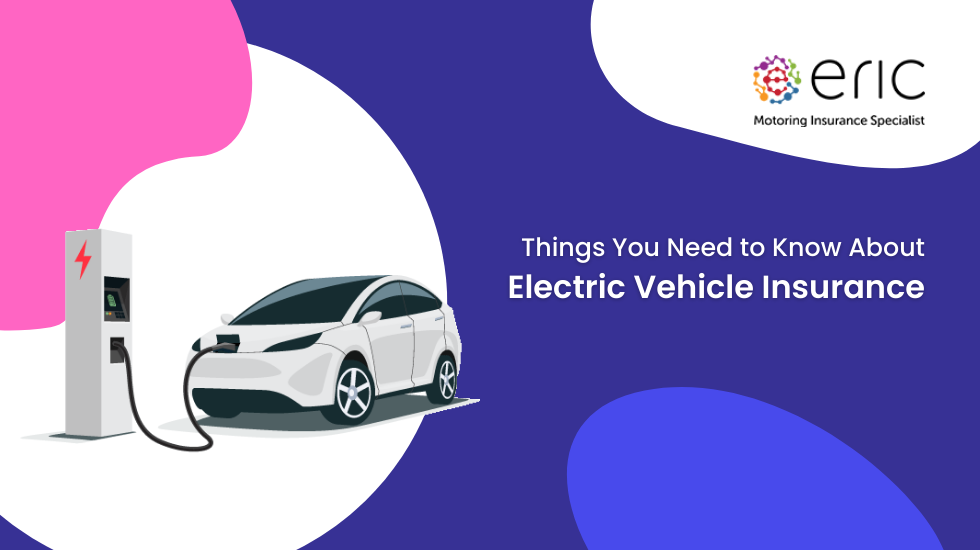Car insurance can be expensive, and it can get even more so when you’re driving an electric vehicle instead of a gas-powered car. If you’re considering purchasing an electric vehicle or if you already have one, then it’s important to understand what kinds of costs and risks you might incur with your new car – and how they will impact your car insurance quotes. Below are the five things that you need to know about electric vehicle insurance in order to make an informed decision before purchasing or leasing your next car.
Here are the things you need to know about electric vehicle insurance:
The first step: Educate yourself about EV insurance
Before you get in touch with an insurance provider, you should understand what is required of your policy. A comprehensive car insurance quote will be needed that covers any potential damage caused by your vehicle. Be sure to ask questions if you aren’t sure how a situation would be covered. Even if it’s difficult, try and find out all information before getting a quote so that you can have an accurate idea of what will be included and excluded from your plan.
What does an EV insurance policy cover?
EVs are new and different from regular cars, so your insurance company will require you to buy a comprehensive policy that covers specific parts of an EV. Your Comprehensive car insurance quote will also cover personal property like your phone or laptop if it’s stolen from your vehicle. If there’s an accident with another driver at fault, comprehensive coverage can provide financial compensation for the damage you cause to their vehicle and injuries they sustain in a crash. With comprehensive coverage, you can drive in peace, knowing that anything outside of your control is covered by insurance.

Understanding Personal Injury Protection Coverage (PIP)
In addition to car insurance, drivers must also have Personal Injury Protection (PIP) coverage. PIP is essentially no-fault insurance, which means it provides you with a specified amount of coverage for injuries you sustain in an accident. Most states mandate that drivers carry PIP—though many don’t require drivers to carry collision and comprehensive coverage even if your state doesn’t mandate that you carry comprehensive and collision coverages, though, these coverages may still be required by lenders or credit card companies if they finance your vehicle purchase—which could make them worth considering. Comprehensive and collision coverage will protect you from accidents caused by factors other than driver error—things like vandalism or theft. To get a comprehensive car insurance quote from Esurance, enter your zip code below!
The Importance of Liability Coverage in Arizona
Liability insurance is one of those things that most people don’t think about until they really need it. After all, there are a lot of variables when it comes to owning and operating an electric vehicle. But once you make that choice, liability coverage might be something you want to consider purchasing immediately.
What type of coverage is needed for electric vehicles?
Although standard insurance is designed for cars that rely on gasoline, most companies also offer add-on coverage for electric vehicles. The type of coverage you need depends on a number of factors, including your driving and charging habits, where you charge your vehicle and how much you drive it. Most car insurance policies cover damage that occurs during an accident or other covered incident, but more specialized coverage options are available for electric vehicles as well. For example, some insurance providers have added coverage options such as ride-sharing reimbursement protection. Make sure you understand what types of coverages are available so you can create a plan tailored to your unique needs.

